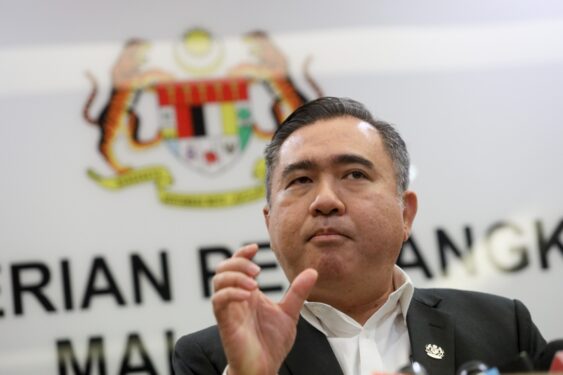BREAST cancer is the most common cancer diagnosed among Malaysian women with 48% of patients diagnosed at late stages three and four (advanced breast cancer). The probability of being alive five years after diagnosis compared with the mortality in the general population (relative survival) is very poor at 66.8%.
As such, affordability matters as many breast cancer patients rely on the public healthcare system for diagnosis, treatment or cancer care.
Recently, the Health Ministry (MOH) launched the National Strategic Plan for Cancer Control Programme 2021-2025. Some of the key areas of focus include requesting health technology assessment (HTA) for new targeted therapies that are being requested to be included in MOH Formulary and improving access to targeted therapies.
Such programme is the right move and timely because that is where oncology is heading, according to Pantai Hospital Kuala Lumpur head of oncology services Dr Mastura Md Yusof.
“The HTA must include many oncologists in the board for decision making and not just the health economics or government doctors as they may be afraid to push for budgets or funds as not to offend the government,” she told FocusM.

Dr Mastura who is also the Malaysian Oncological Society secretary added the HTA also needs to weigh provision and maintain the access (sustenance) to targeted therapies based on the degree of clinical benefit these drugs offer and their extension cost-effectiveness.
She highlighted that the cost-effectiveness has to be evaluated based on the available evidence of benefit and good safety features derived from clinical trials published data. Still, the ramification of the results has to be suited to the local population.
“For example, the degree of cost-effectiveness of providing CDK 4/6i and hormones versus IV chemotherapy in our patients with metastatic breast cancer is likely more than what is reported in trials where the global population is different in their clinical and epidemiological characteristics,” explained Dr Mastura.
“This is because we have more advanced diseases, a younger age group and a higher attrition rate for chemotherapy.
“The HTA can be differentially performed according to the indication to reflect differences in value; for example, the use of anti-HER2 has the highest benefit when used in the first-line setting and not after failure to chemotherapy alone.”
Dr Mastura also agreed that targeted therapy should be prioritised to provide advanced breast cancer patients with a better quality of life.
“Patients can live longer with more innovative treatments such as targeted therapy becoming available to patients. It is incurable but it is treatable and controllable,” she pointed out.
“We have studies providing five to eight years follow up study, and the results have shown superior survival and quality of life with this new innovative treatment. As the number is growing, we are in a very exciting era in the treatment of advanced breast cancer at present.”
Dr Mastura explained that today’s treatment aims at long-term control, prolonging survival while minimising the side effects and, most importantly, restoring and maintaining the quality of life.
“In the past six to seven years, we had consistent data showing the addition of four types of CDK4/6i to hormone therapy in different trials resulted in improved progression-free survival (PFS), overall survival (OS), response rate (RR) and quality of life as well as manageable toxicity in the first line and second line setting,” she revealed.
“We also have targeted therapies for HER2-positive breast cancer that have all prolonged patient’s survival and given them hopes but this treatment is not for everyone.”
Dr Mastura further stressed that patients must possess the specific target (mutation) that is responsible for the cancer growth. Specific therapy is formulated to block that target so the cancer will not grow.
“Research and development had identified these targets (mutation) to be responsible for the carcinogenesis, tumour growth and metastases. Therefore, it is logical to address or focus our ammunition or cancer therapy towards these targets,” she shared.
“The side effects are lesser because the drug only targets the character and target present in cancer cells, not normal cells.”
She added: “Oncologists will always recommend up to date evidence-based methods that are available and affordable, and if there are innovative therapy via access programme or clinical trials, we will offer that to patients too.” – March 11, 2022










